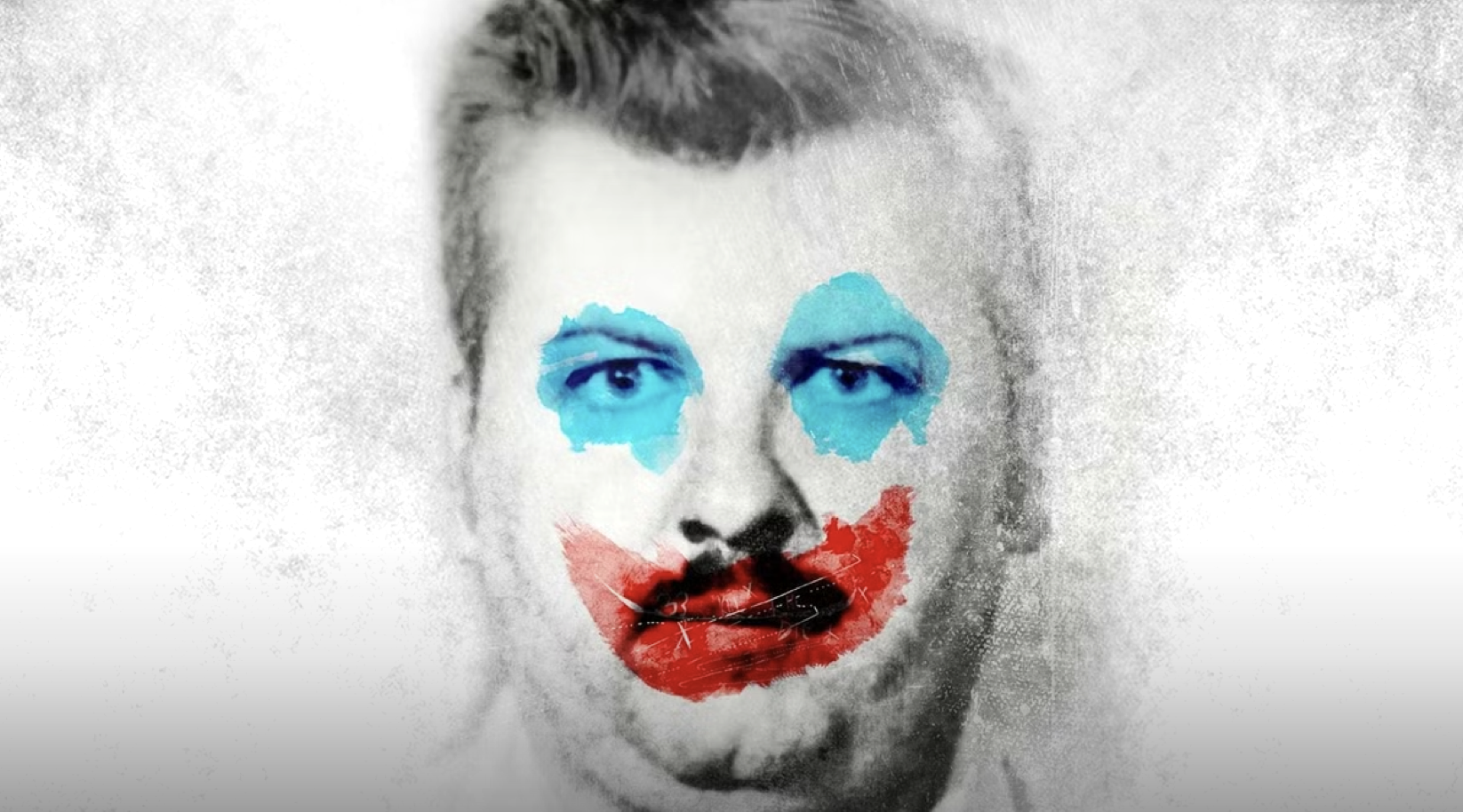The recent Peacock documentary series Devil in Disguise: John Wayne Gacy has reignited conversations about systemic biases encountered by gay men, especially in the context of criminal justice and victim protection. Revisiting the chilling crimes of John Wayne Gacy in the 1970s, the series underscores how societal prejudice and institutional neglect contributed to the prolonged impunity Gacy enjoyed. Many of his victims were young gay men dismissed by law enforcement as 'runaways' or 'troubled youth', a reflection of broader biases that, decades later, still affect how crimes against gay men are perceived and handled.
The series acts as a reminder of how discrimination can 'invisibilise' victims, affording perpetrators greater freedom to inflict harm. Gacy’s victims, belonging to marginalized groups historically dismissed or underestimated by authorities, suffered not only from the violence inflicted upon them but also from systemic indifference. Law enforcement’s downplaying of credible leads and attacks, depicted in the documentary, mirrors ongoing patterns where LGBTQ+ survivors of abuse face skepticism and minimized responses from those tasked with their protection.
Such biases contribute to a vicious cycle of violence and mistrust. When crimes against LGBTQ+ individuals are under-investigated or dismissed, victims often internalize stigma and shame, which discourages them from seeking help in the future. This cycle of marginalization serves to perpetuate vulnerability and silence, highlighting the urgent need for reform in how abuse reports from LGBTQ+ communities are approached.
Current data underlines the persistence of this issue. The FBI reported over 2,400 anti-LGBTQ+ hate crimes in 2024 alone, with sexual orientation-related incidents comprising 17.2% of all hate crimes—the third-largest category nationally. Moreover, research from the Williams Institute reveals that LGBTQ+ individuals are nine times more likely than their non-LGBTQ+ counterparts to fall victim to violent hate crimes. These findings emphasize not only the prevalence of anti-LGBTQ+ violence but also its ongoing impact, as younger LGBTQ+ people remain particularly at risk and assailants in many cases are known to the victims.
Activists and experts connect these disturbing statistics with wider societal influences, including political rhetoric that perpetuates discrimination and hostility towards LGBTQ+ individuals. Despite a slight decline from the previous year, the high rates of hate crimes persist, indicating that social acceptance and protective measures have not yet reached the levels necessary to halt such violence.
Devil in Disguise has been praised for its human-centred approach, focusing on the victims and their families rather than sensationalising Gacy’s crimes. This perspective brings into sharp relief the social and institutional conditions that allowed such tragedies to occur and stresses the ongoing need to address biases within law enforcement and other systems. The series implicitly calls for better education and training for service providers and justice officials to foster understanding and support for LGBTQ+ victims. Source: Noah Wire Services
